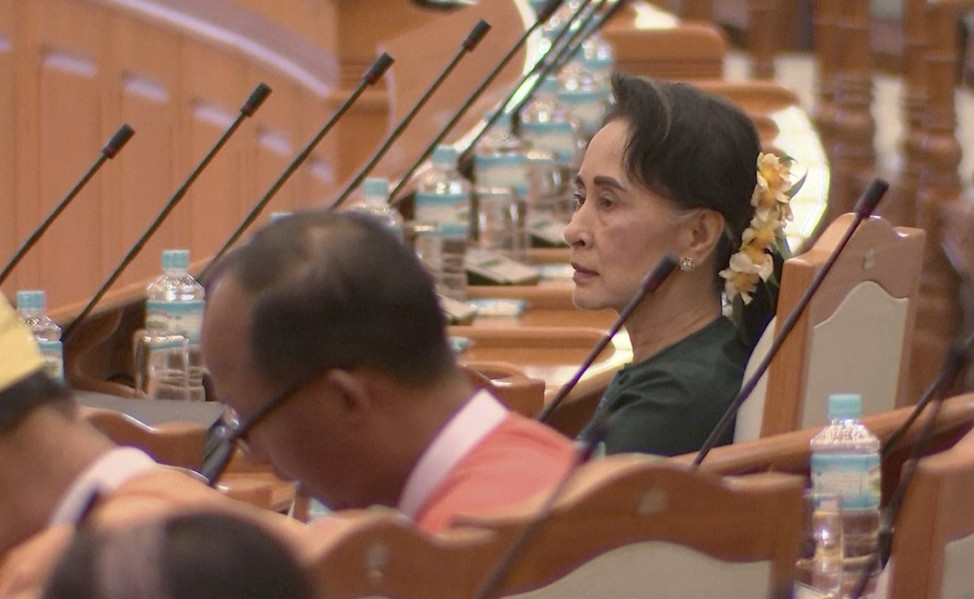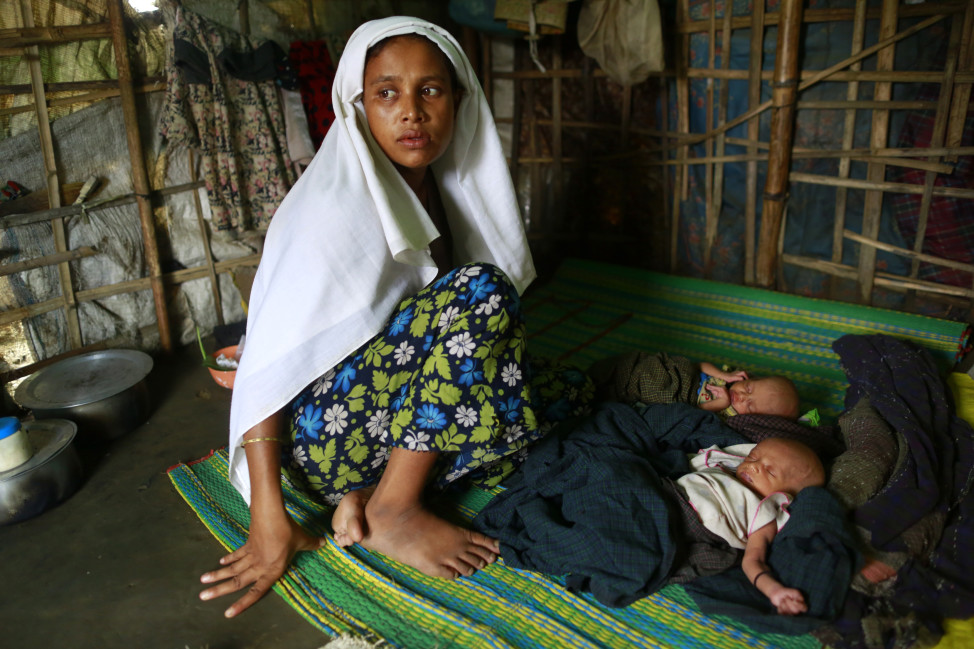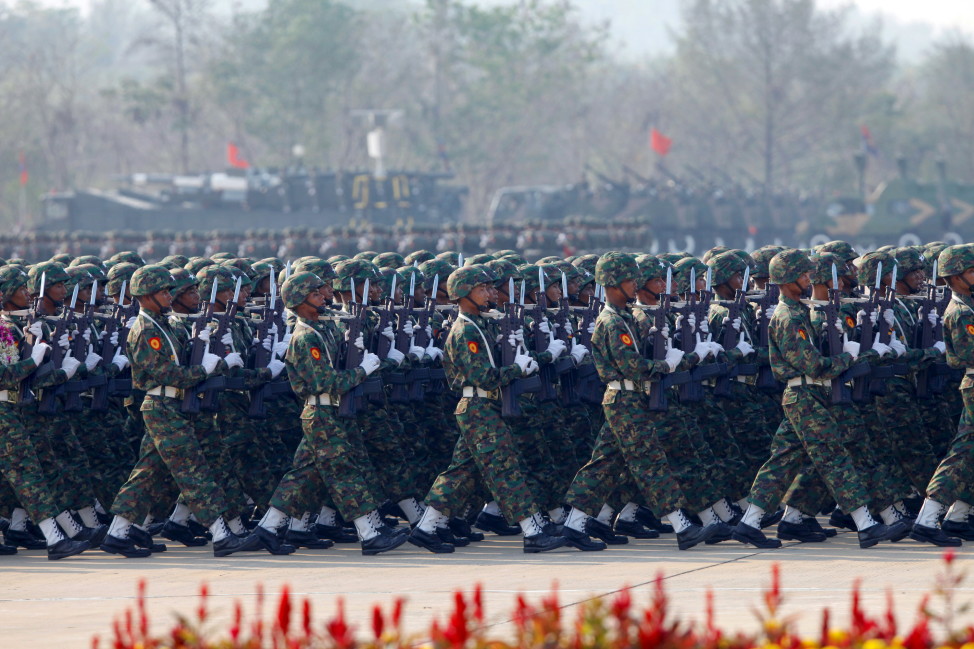Today, the first civilian government in 54 years assumed power in Myanmar, led by democracy icon Aung San Suu Kyi.
If hopes are high, expectations are even higher. It has been a long, painful road to this moment and much work is ahead. How the Burmese military behaves in the new era will be a key measure of how quickly democracy takes root.
Although Suu Kyi does not hold the office of the presidency due to her late husband’s nationality, under the new government, power resides with her—if she is allowed to exercise it.
The days ahead will reveal whether or not the same military structure that kept her under house arrest for much of the 1990s is ready to stand down.
Tough Choices in Myanmar As a New Era Begins
Rupakjyoti Borah – Al Jazeera
The armed forces (Tatmadaw) in Myanmar still remain a formidable force and retain 25 percent of the seats in the new parliament. In addition, the military-drafted constitution allows it to nominate representatives to head the sensitive ministries of border, home and defence.
So, why is the Tatmadaw hanging on? Firstly, with different ethnic insurgencies still running in Myanmar, the military sees itself as the guarantor of the country’s security and unity….

National League for Democracy leader Aung San Suu Kyi is seated with other members of parliament before they cast their ballots for the country’s new president in Naypyitaw, Myanmar on March 15, 2016. (AP)
Suu Kyi has been nominated to the cabinet and is tipped to lead four key ministries – that of the president’s office, the foreign ministry and the energy ministry, besides education.
By making it clear that she would be “above the president“, Aung San Suu Kyi has made her intentions quite clear.
Will Myanmar Backslide on Human Rights?
Emmanuel Stoakes – The Diplomat
At the present time, with not just one but hundreds of political prisoners held or jailed by the state it would seem that, by the measure of Obama’s projections, Myanmar has yet to fulfill its reform potential. Indeed, the list of those politically imprisoned or detained are testament to the repressive reflexes of Myanmar’s security agencies and the Army-run ministries that control them.
Among their number are student protesters and their supporters; citizens accused of “online defamation” for sharing satirical Facebook posts; and a former opposition party official sentenced to two years in jail for “religious defamation”….
While the NLD victory should inspire hope, there are limits to the prospects for reform: For example, the new government will have little power to halt or check military abuses. Now, a report by Amnesty International has observed, will it be able to do much about the political prisoner issue. The new government may be able to pardon some of those held improperly; however, they may not be able to end the cycle of amnesties-and-arrests.

Sinnuyar Baekon, a Rohingya Muslim, sits with her twin babies inside her hut at a refugee camp outside Sittwe, the capital city of the Rakhine state on June 8, 2014. (Reuters)
Aung San Suu Kyi’s New Government: What to Look for in Myanmar
Lex Rieffel – The Brookings Institution
Since the NLD election victory last November, Daw Suu has worked hard to obtain support from the military establishment for the NLD’s policy agenda. By all accounts, she has met fierce resistance and has had to accept many troubling compromises, as petty as where the swearing in of President Htin Kyaw on March 30 took place. But the military is important to sustain domestic peace. This won’t come easily….
There is no outreach to the Rohingya minority community, and not a single Muslim is included in the new government.
Peace ultimately depends on creating a meaningful federal structure that is grounded in amendments to the 2008 Constitution. The local press is mostly free and will quickly report any signs that the military is cooperating more or less with Daw Suu’s government.

Soldiers parade to mark the 70th anniversary of Armed Forces Day in the Burmese capital Naypyitaw on March 27, 2015. (Reuters)

